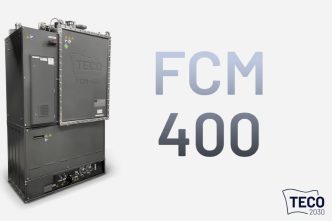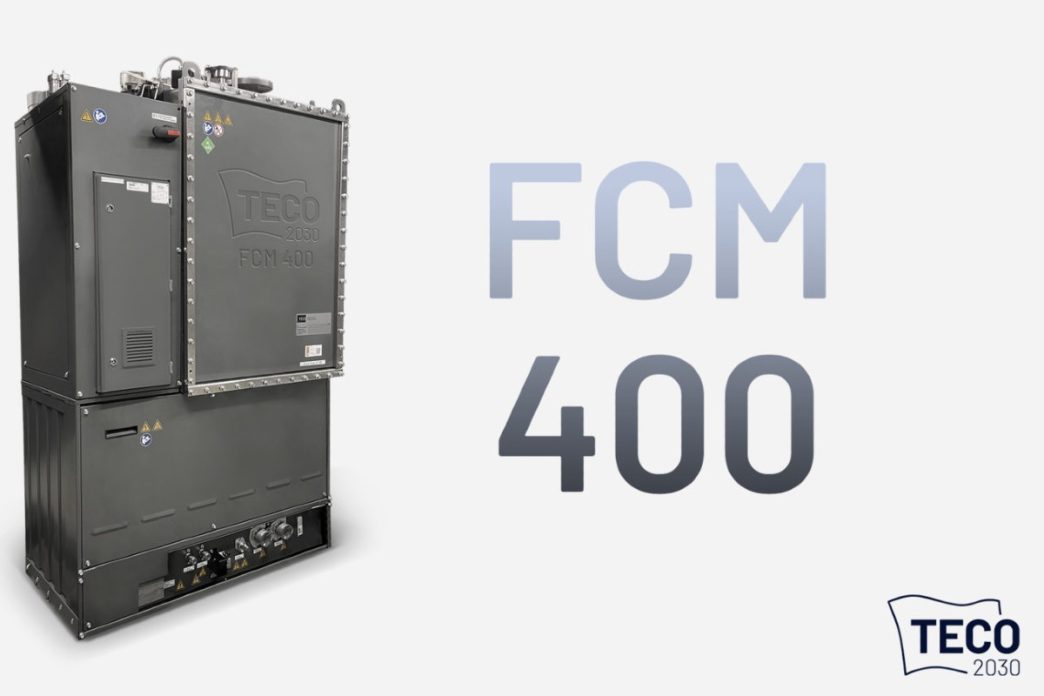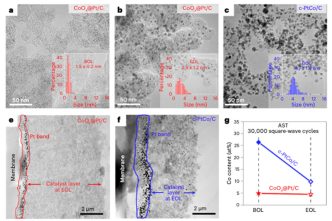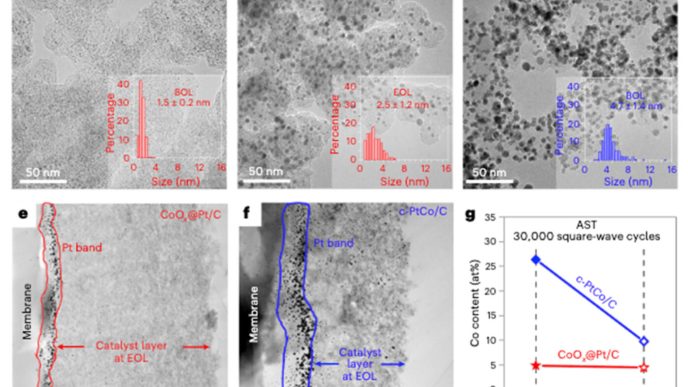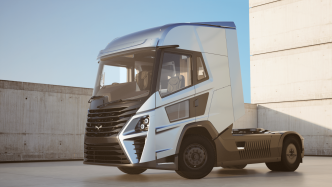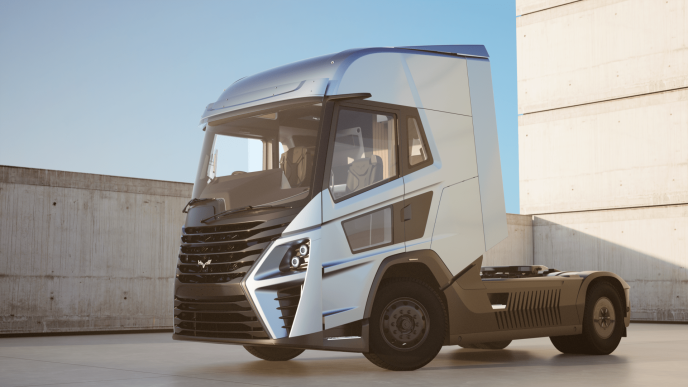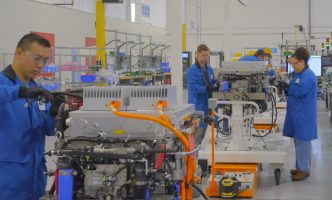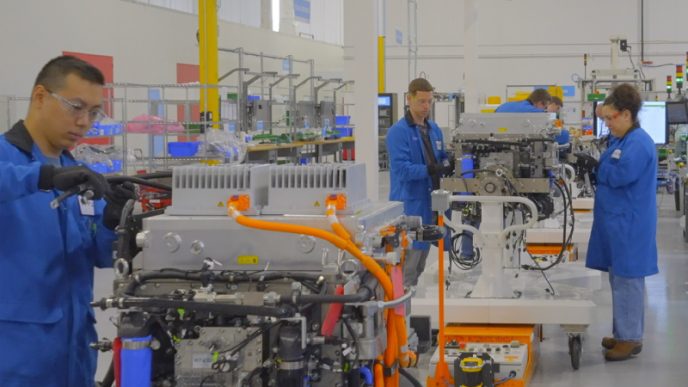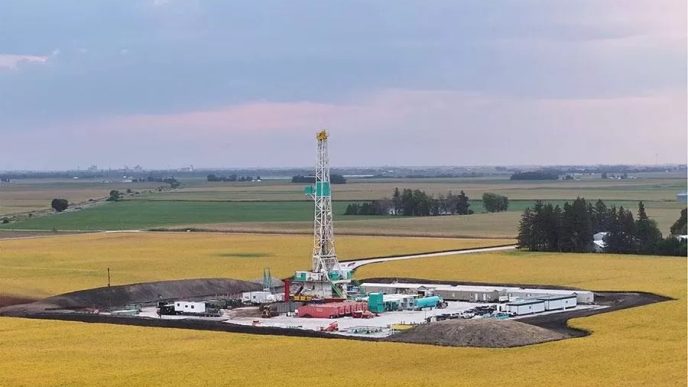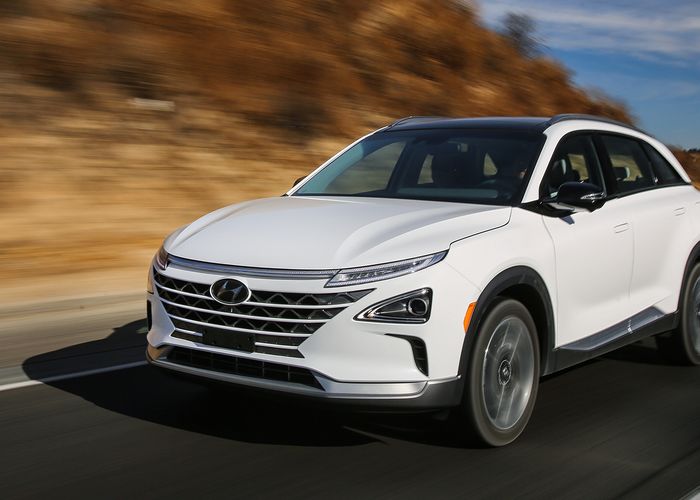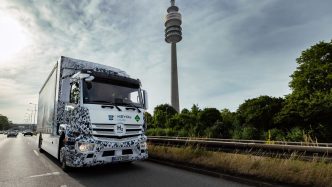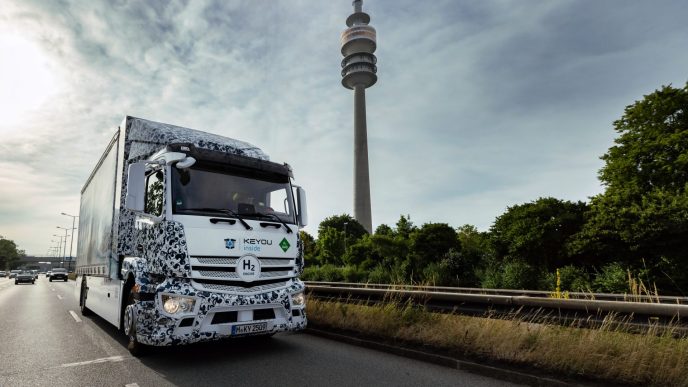Teco 2030, a Norwegian fuel cell manufacturer, is strategically pivoting its business model from exclusive production to licensing its fuel cell technology, citing slow domestic support and promising subsidies in international markets. The company aims to enhance the adoption of its technology in heavy-duty applications through upcoming licensing agreements with global partners.
The decision to adopt a licensing model is designed to capitalize on international growth opportunities, particularly in sectors such as maritime and heavy-duty road transport. Teco 2030 indicated that while the production of fuel cell stacks could remain in Norway, this approach would allow the company to expand its reach beyond its home market.
In a statement, Teco 2030 highlighted the limited willingness to invest in Norway, pointing to “delays in regulation” and a lack of capital support for clean-tech projects. The company remarked, “Despite efforts to secure risk financing in Norway, both from public and private sectors, the interest and capital support for clean-tech projects remain limited.”
Looking ahead, Teco 2030 has identified the USA, India, and East- and Southeast Asia as key target markets, where government backing and public investment in hydrogen initiatives are on the rise. Notably, U.S. policies such as the “Bipartisan Infrastructure Law” and the “Inflation Reduction Act” are expected to foster a favorable investment climate. To leverage these opportunities, Teco 2030 will operate through its U.S. subsidiary, Teco 2030 Inc.
In India, the company plans to establish a joint venture with Advait Infratech Limited, capitalizing on significant government and private investments in the hydrogen economy. Major energy players in India, including Adani and Reliance Industries, are making substantial investments to transition hard-to-decarbonize sectors away from oil dependency.
The company’s core offering remains its proton exchange membrane (PEM) fuel cell technology, developed in collaboration with Austrian firm AVL List GmbH. Teco 2030 is currently constructing a production facility in Narvik, Norway, with an output target of up to 200 megawatts by 2025 and 1.6 gigawatts of fuel cell production by 2030.
In addition to transport applications, Teco 2030 is expanding into stationary hydrogen storage solutions. The company has introduced its fuel cell backup (FCB) solution, which it claims provides efficient, zero-emission backup power for critical infrastructure such as data centers. This initiative complements Teco 2030’s broader clean energy offerings.
The industrial policies in the targeted regions—including the USA, India, Korea, Japan, and Southeast Asian countries—are increasingly integrating hydrogen transport technology with hydrogen production and stationary storage. This synergy is facilitated through hydrogen ports, hubs, valleys, and pathways, with hydrogen fuel cell-powered transport representing critical first mover advantages in connecting these hubs.

